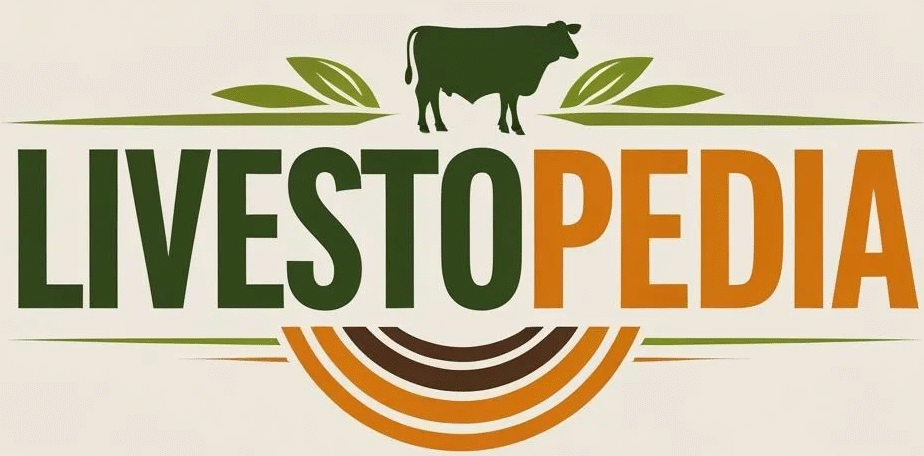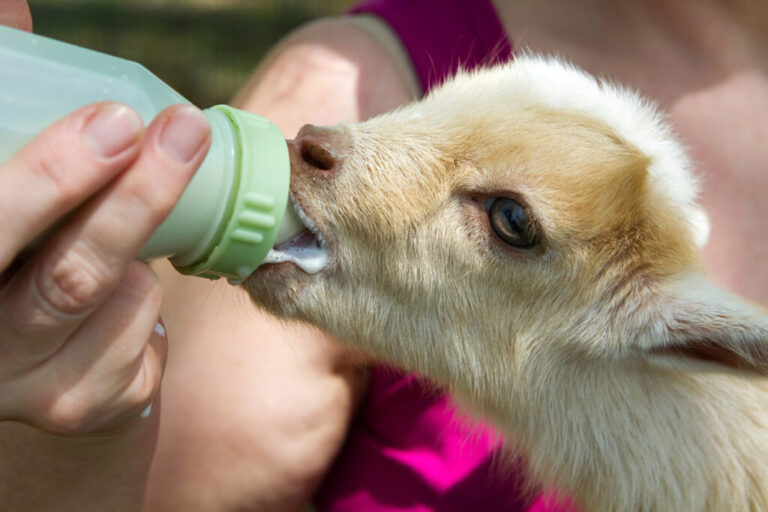Natural supplements are becoming increasingly popular in turkey farming as producers look for ways to improve bird health, enhance growth, and reduce reliance on synthetic additives or antibiotics.
While commercial feeds provide the core nutrition, supplements such as herbs, probiotics, and natural oils can strengthen immunity, improve digestion, and even enhance meat quality.
For small-scale and organic farms, these natural options can also serve as a marketing advantage, appealing to consumers who value chemical-free production.
Probiotics are one of the most widely used natural supplements in poultry production. They introduce beneficial bacteria into the digestive system, helping maintain a healthy gut microbiome. This not only improves nutrient absorption and feed conversion but also reduces the risk of digestive diseases.
Probiotics are often given in powdered form mixed into feed or dissolved in drinking water, and they can be especially helpful during stressful periods such as transport, temperature changes, or flock mixing.
Herbal supplements have a long history in traditional poultry care. Garlic, for instance, is valued for its natural antibacterial and antiparasitic properties, while oregano oil contains compounds that can help control harmful bacteria and boost immune function.
Turmeric is another popular choice, known for its anti-inflammatory and antioxidant effects, which can support joint health and recovery after illness.
These herbs can be added fresh, dried, or as concentrated extracts, though dosage should be managed carefully to avoid affecting feed palatability.
Apple cider vinegar is another common natural additive for turkeys. When added in small amounts to drinking water, it can help maintain a slightly acidic gut environment, discouraging harmful bacterial growth and improving mineral absorption. Some farmers also use it to keep water lines cleaner, reducing the risk of algae buildup.
Similarly, natural oils such as flaxseed or fish oil can be incorporated into feed to increase the omega-3 content of turkey meat, giving it added nutritional value for health-conscious consumers.
While natural supplements can offer many benefits, they should complement, not replace, a balanced diet and good husbandry practices.
Overuse or incorrect combinations may reduce their effectiveness or cause digestive upset.
For best results, supplements should be introduced gradually, monitored for any changes in bird behavior or performance, and adjusted based on flock needs and seasonal challenges.
With careful selection and consistent use, natural supplements can help farmers maintain healthier, more resilient turkeys while meeting consumer demand for naturally raised poultry.

